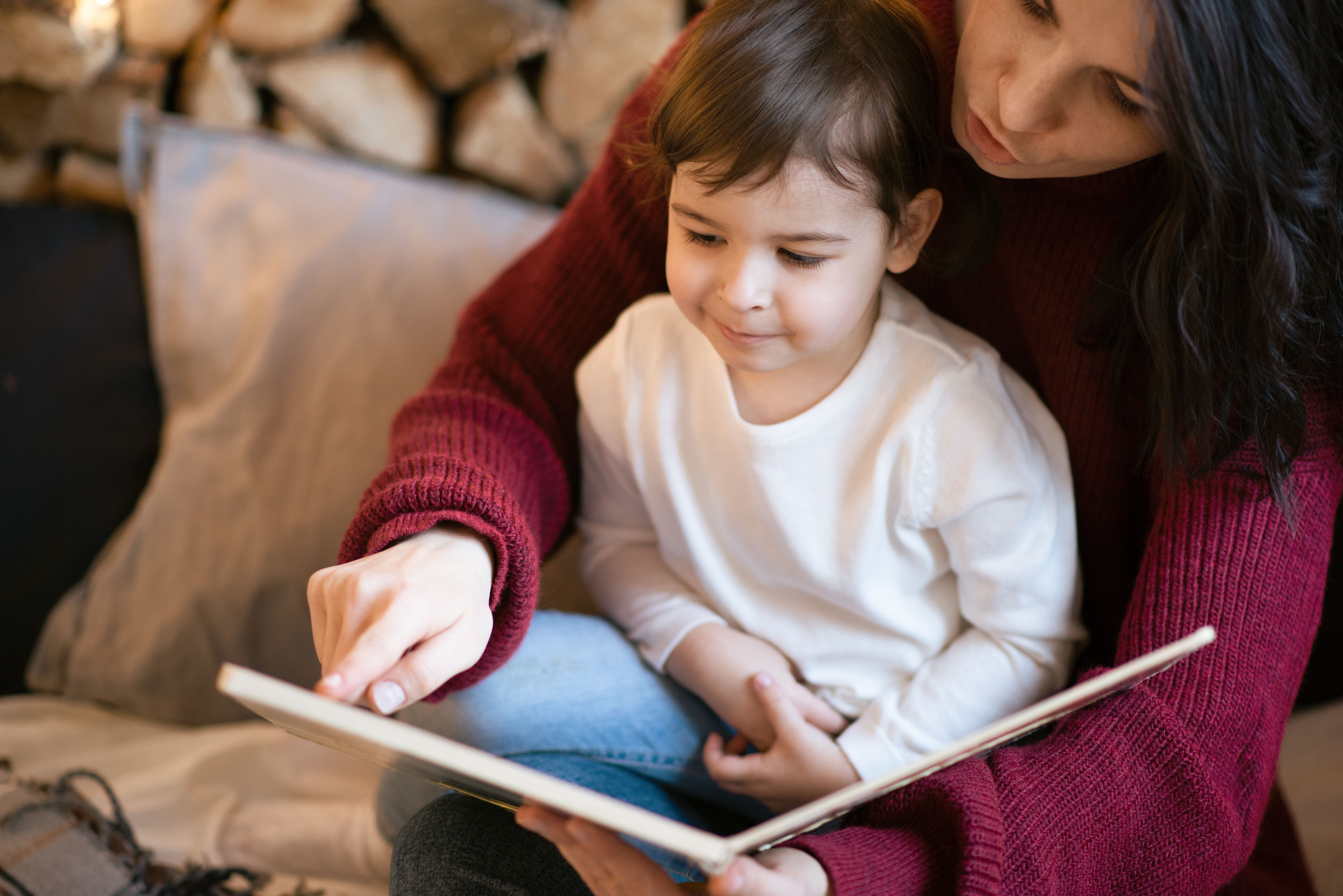Disability Pride Month: Educating the next generation to create an inclusive future

By Enable Magazine
Disability Pride Month is a four-week long celebration of disabled people to increase visibility and promote the need for equity and basic human rights. With so many people sharing their personal experiences during this time, the month is an opportunity to teach young children and young people about inclusion and equity, helping to create positive change in the future.
Every July, Disability Pride Month takes place, aiming to raise awareness of the barriers that disabled people face, but most importantly, to celebrate disabled people. The month highlights the resilience and achievements of people in the disability community and hopes to reduce the stigma the community faces.
Having open conversations with children helps to promote inclusivity and understanding in their early years, and can have a big impact in creating an inclusive society in the future. This is one of the most effective ways to decrease discrimination and teach about the social model of disability. This model recognises that people are disabled by barriers created by society.
Learning through imagery, stories and interactive play
Nicole Zeitzer Johnson, co-founder of the FOXG1 Research Foundation, is helping to start these conversations with the release of her debut book Joyfully Josie. The children’s story aims to help young people understand and discuss disabilities and rare diseases. Zeitzer Johnson is releasing the book in honour of her daughter Josie who has FOXG1, a rare neurological disorder. Released in May 2023 ahead of the Disability Pride Month, all profits from the book will go to the FOXG1 Research Foundation.
Joyfully Josie is an uplifting story which centres around Josie’s determination and resilience despite the challenges she faces.
Along with the launch, children can use an interactive digital platform to play Josie’s favourite games and explore more of her world. This unique combination of storytelling and online play forms an engaging learning format that helps children to make a positive difference.
Alongside Zeitzer Johnson, other authors have written children’s stories where the main character happens to be disabled, teaching young people about our diverse society. Books such as A Rainbow of Friends by P. K. Hallinan and The Beach is Loud by Samantha Cotterill are just some of the excellent reads on the National Literary Trusts book list for the early years.
For more visual learners, some great movies are readily available on streaming platforms, like Finding Dory and the short film Loop. These animations address important themes and spread key messages in an enticing way. Finding Dory teaches children how to accommodate disabilities and the power of friendships whilst Loop shows them how to understand others and cross language barriers. Both are good places to start for children who like to move about or don’t have a long attention span.
How the local community and schools can play their part
Libraries are great interactive spaces for children to learn and get involved in Disability Pride Month. Many community venues are hosting story times for children focusing on disability awareness. Bringing young children together to learn about the month’s significance creates a positive environment for them to explore their thoughts and questions. Even if your local library isn’t hosting an event, it is always a good idea to give them a phone and see if you can set one up.
Whilst July is a milestone month, inclusivity must be taught and understood throughout the year. Mencap’s campaign, Hear my voice: education, asks mainstream schools to make changes that will allow all children to participate fully in education. As well as this, the charity wants disability awareness to be taught in every school to eliminate the unfair targeting of young disabled people.
Talking at home
Although incorporating disability inclusion into lesson plans will be key for teaching and improving equality, parents can start this journey at home. There are many resources online with activities and different ways to approach the subject with your children, and doing so will help to create a fairer society. The Huffington Post has a helpful guide on ways to talk to young people about disabilities and what’s important to include. Enhance the UK also has training you can take to improve your knowledge and understanding of inclusivity, making explaining disabilities to your children easier.
Talking to children about disabilities and encouraging positive perceptions of the disability community is invaluable. The experiences children have in their first five years have a lasting impact on their cognitive development. Until the age of five, children are most susceptible to new information and retain it more consistently. Sharing and telling them empowering stories about the disabled community at a young age may shape how they behave in the future.
More information on how to speak to young people about disabilities can be found on Very Well Family’s website.
Check out the full article here on Enable Magazine's website.

